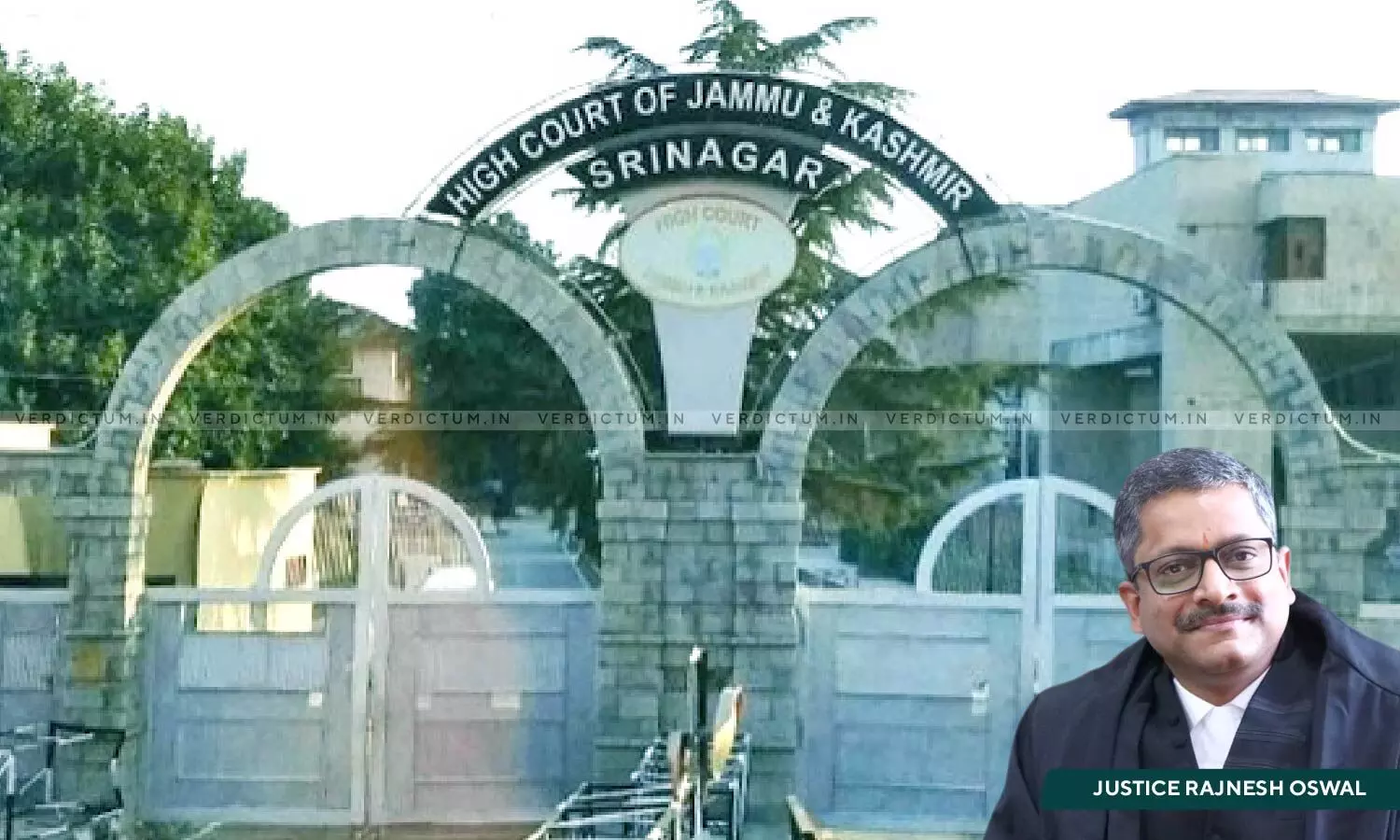
Cheque Bounce Complaint U/S 138 Of NI Act Maintainable Even If Cheque Dishonour Is Due To Reason ‘Account Frozen’: J&K&L High Court
 |
|The Jammu and Kashmir and Ladakh High Court held that a complaint under Section 138 of the Negotiable Instruments Act (NI Act), which deals with the dishonor of cheques,is maintainable even if the cheque is dishonoured due to reason ‘Account frozen’.
The case in question involved a dispute from 2014 over a cheque meant to settle a debt of approximately ₹8.6 lakhs. The cheque was dishonored because the drawer's account had been frozen by investigating agencies.
A Bench of Justice Rajnesh Oswal said, “this court is of the considered view that the complaint under section 138 of the Act is maintainable even if the cheque is dishonoured due to reason ‘Account frozen’.”
The Court noted that Section 138 of the NI Act specifies two conditions under which a cheque bounce complaint can be filed: either the account lacks sufficient funds, or the amount exceeds what was arranged to be paid from the account by agreement with the bank. Despite this, the Court noted that legal precedents have established that other scenarios—such as a closed account, stopped payment, or signature mismatches—can also fall under the first condition of "insufficient funds."
Advocate Zahoor A Shah appeared for the petitioner, while Advocate Ishfaq Bashir appeared for the respondent.
The Court found that once the magistrate had taken cognizance of the case and issued process against the accused, it was correct in rejecting the plea to dismiss the proceedings. The Court stated that there is no provision in the Criminal Procedure Code that allows a magistrate to recall an order of cognizance.
The Court held that a Section 138 complaint remains valid even if the cheque is dishonored due to a frozen account. The High Court criticized the sessions court for halting the proceedings without a proper trial and stated that the accused should prove that he was unaware of the account freeze, that the freeze was beyond his control, and that the account had sufficient funds when the cheque was issued. The Court added, “The learned Revisional Court has put the cart before the horse and has returned a finding which could have been returned only after the full-fledged trial. Rather, the onus would be on the respondent to prove that he was not aware about the freezing of the account when the cheque was drawn, the account was frozen due to reasons beyond his control and the account was having sufficient balance when the cheque was dishonoured.”
As a result, the High Court allowed the appeal and remanded the case back to the magistrate for further trial.
Cause Title: Sheikh Owais Tariq v. Satvir Singh
Click here to read/download Order